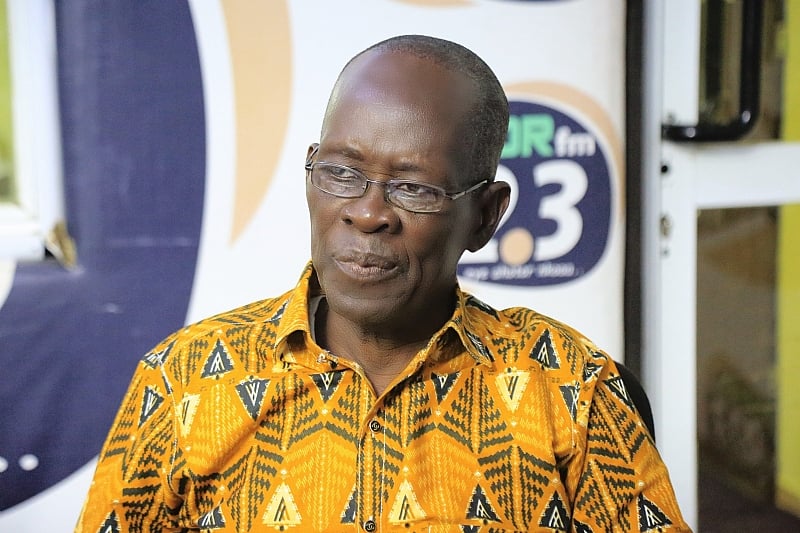Abraham Koomson, Secretary General of the Ghana Federation of Labour (GFL), has delivered a potent message to Ghana’s ruling party: remain focused on your mandate to govern effectively and do not allow the “micro minority” opposition to derail your agenda. Koomson argues that the persistent, often unfounded, criticisms and parliamentary maneuvers of the opposition, both within the legislative chamber and amplified through media channels, are a calculated strategy to distract the government from its development priorities. He emphasizes the need for the ruling party to maintain its focus and commitment to its core mandate, resisting the noise and disruption generated by the opposition. Koomson’s core argument centers on the idea that effective governance requires steadfast dedication to the task at hand, undeterred by political maneuvering.
Koomson’s analysis delves deeper into the dynamics of the opposition’s role. While acknowledging the opposition’s legitimate function of holding the government accountable, he cautions against the counterproductive nature of incessant disruptions and criticisms. He suggests that these tactics, often driven by partisan interests and personal agendas, serve to obstruct the government’s positive initiatives and hinder progress. This, he argues, ultimately harms the nation’s development and undermines the very democratic principles the opposition claims to uphold. Koomson’s call to action is clear: the ruling party must prioritize the needs of the majority and remain steadfast in its pursuit of progress and development, even amidst political turbulence.
The seasoned unionist underscores the importance of discipline, determination, and a commitment to the greater good as essential ingredients for effective governance. He stresses the need for the ruling party to navigate the complexities of the political landscape with focus and resolve, ensuring that the needs and aspirations of the Ghanaian people are at the forefront of their actions. This, he implies, requires a level of political maturity that transcends partisan squabbles and prioritizes the collective well-being of the nation. Furthermore, Koomson emphasizes the critical connection between effective governance and national progress, suggesting that a government distracted by political maneuvering cannot effectively address the needs of its citizens.
Koomson specifically calls upon President John Dramani Mahama and Vice President Professor Naana Jane Opoku-Agyeman to champion this focused approach to governance, ensuring that national progress remains the central objective. He urges the parliamentary majority to leverage its numerical advantage to enact policies that advance national development, resisting the temptation to engage in unproductive exchanges with the opposition. This, he argues, will demonstrate a commitment to the mandate received from the electorate and ensure that the government delivers on its promises. Koomson’s appeal underscores the importance of unity and focus within the ruling party to effectively implement its development agenda.
Koomson’s critique takes on a sharper edge as he highlights the perceived hypocrisy of the opposition, specifically the New Patriotic Party (NPP). He points out that the NDC government is barely three months into its term, yet the opposition has already launched its disruptive tactics. He contrasts this with the NPP’s own eight-year tenure, which he argues failed to deliver substantial progress despite having ample time. This pointed comparison serves to further discredit the NPP’s criticisms and reinforce Koomson’s call for the NDC to ignore the distractions and focus on governing. His message carries a strong undercurrent of frustration with what he sees as politically motivated obstructionism that impedes real progress.
In essence, Koomson’s message is a rallying cry for the ruling National Democratic Congress (NDC) to prioritize effective governance and resist the distractions posed by the opposition. He emphasizes the importance of unity, focus, and a steadfast commitment to the development agenda. He urges the party to leverage its parliamentary majority to enact policies that benefit the nation, reminding them that their primary responsibility is to the Ghanaian people, not to engage in political point-scoring. Koomson’s message serves as a stark reminder of the challenges faced by newly elected governments and the importance of maintaining focus amidst political noise. He advocates for a pragmatic approach to governance, prioritizing tangible results over political maneuvering, and ultimately, serving the interests of the nation above all else.














